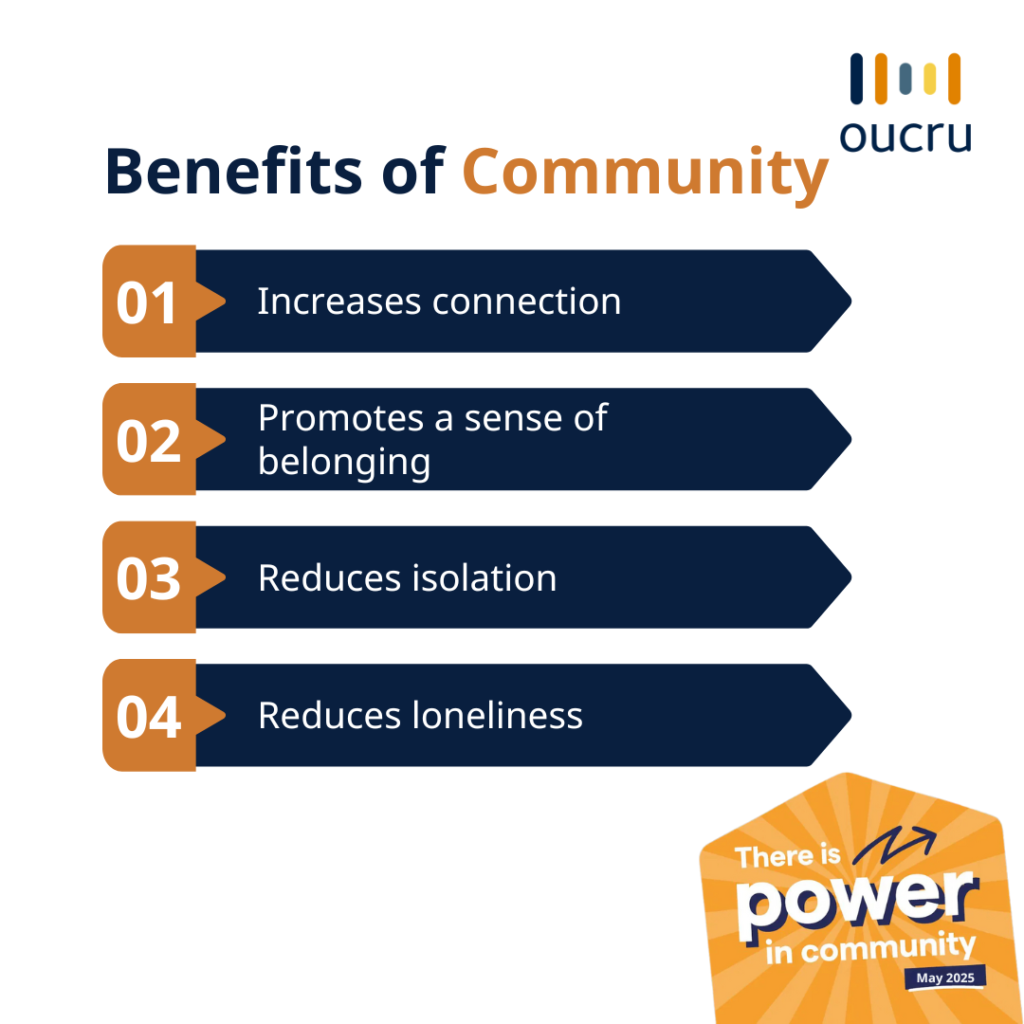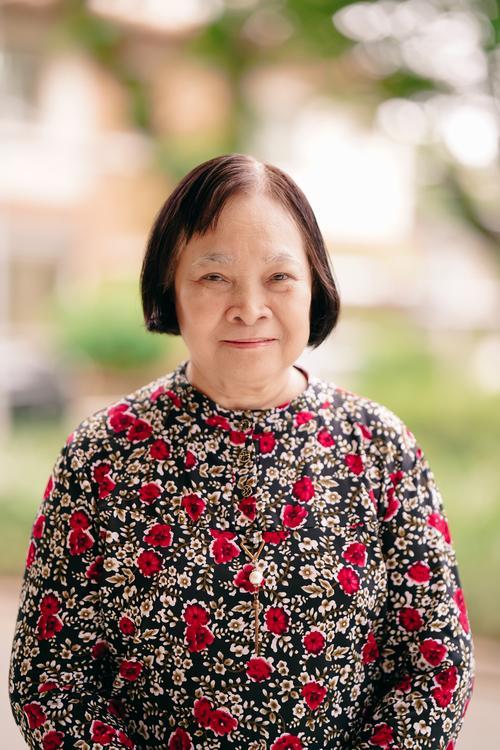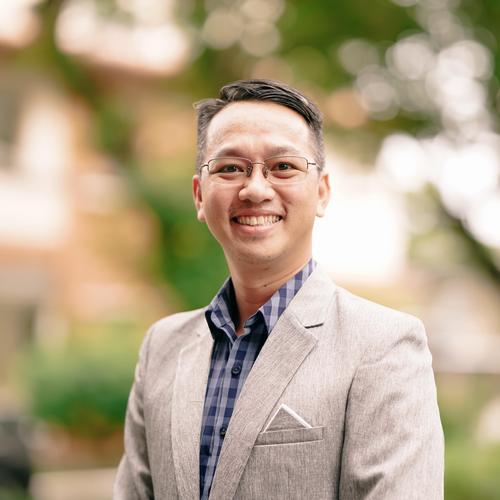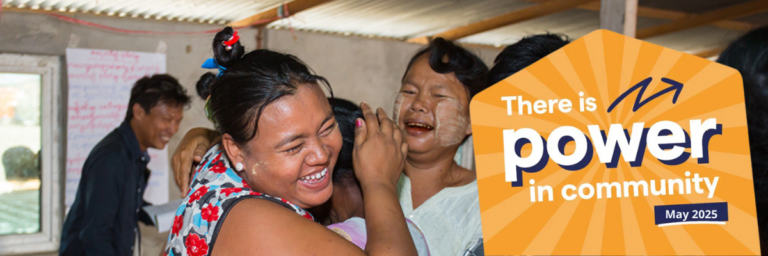People who feel more connected to others have lower levels of anxiety and depression. Some studies show they also have higher self-esteem, greater empathy for others, and are more trusting and cooperative.
Social support and connections are particularly important during crisis time. A research study of over 37,000 students at Vietnam National University of Ho Chi Minh City (VNU-HCMC) that was animated by Collab Lab, our youth-led initiative, showed that 84.5% of college students chose to stay connected with family and friends to help them overcome COVID-19’s social restrictions’ challenges. A scoping review shows that 83% of studies reported that social support benefited symptoms of depression.
Let’s delve deep into the essential role of community and the sense of connection as well as how you can find, build, and get help from the community.
Who is a community that we are talking about?
In the broadest sense, community is where we feel like we are a part of something bigger than ourselves and share positive connections. This can happen even with strangers who are not in your social and family circles but share the same beliefs with you.
What can a community offer?
The most powerful benefit of a community is offering support. Community members can help each other during life’s challenges, and reassure each other about our togetherness, therefore boosting self-esteem and creating positive social feedback.

The Dangers of Loneliness
Though it’s common to feel lonely at times, persistent loneliness can adversely affect well-being. People low in social connection are more vulnerable to anxiety, depression, antisocial behavior, and even suicidal behaviors. A landmark survey showed that lack of social connectedness predicts vulnerability to disease and death beyond traditional risk factors such as smoking, blood pressure, and physical activity.
Research has found that, while loneliness is more likely a common social issue with elderly people, young people could suffer from it. This may be due to several factors, including heavy use of social media (and the tendency to compare with others’ lives) or the irreversible profound effect on young people’s mental health, particularly social anxiety during and after the COVID-19 pandemic.
Practical steps to find your community and maintain social connections
Mental Health Foundation suggests some tips on whether to form your community or find one suited to your needs.
- Join groups aligned with your identity or passions
- Support groups involving professional experts
- Volunteer at local animal shelters, environmental projects, or awareness campaigns.
- Connect with neighbors to strengthen your local bonds and build a sense of local support for each other.
- Engage in online communities.






